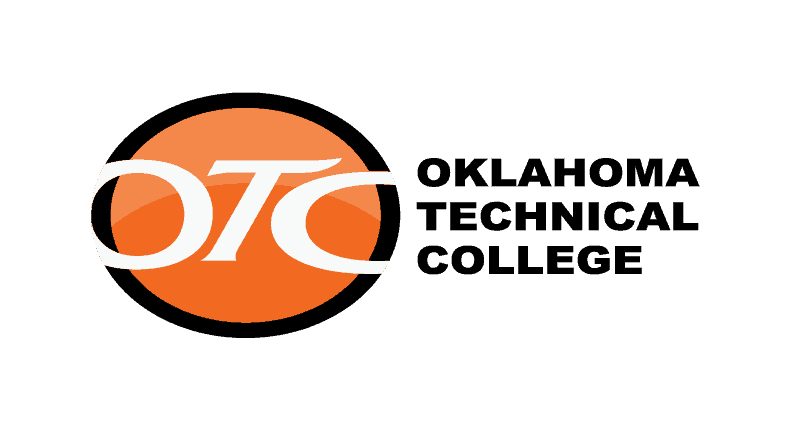HVAC/R Technician Safety – What You Don’t Know CAN Kill You!
 While HVAC/R is one of the safest of the skilled trades it is still very important that you follow all of the safety regulations to protect yourself. Here are the top 5 hazards in the HVAC/R field and how to avoid them:
While HVAC/R is one of the safest of the skilled trades it is still very important that you follow all of the safety regulations to protect yourself. Here are the top 5 hazards in the HVAC/R field and how to avoid them:
1. Electrical hazards
Electricity is not just for electricians. Much of the equipment used for heating and cooling is powered by electricity. Electrocution is no joke but can be easily avoided by: Ensuring power is turned off to the corresponding circuit breaker, using proper lockout and tagging procedures, and testing circuit breakers to ensure they are no longer energized before beginning the work.
2. Falling
More than 80% of falls treated in the emergency room involve ladders according to a CDC report. Avoid these risks by securing your ladder, always maintaining three-point contact with the ladder (two hands, one foot or two feet one hand), placing the ladder a quarter of it’s length away from the building so that proper angles can be maintained, and make sure all locks are properly engaged.
3. Chemicals
As an HVAC/R Technician you are often exposed to dangerous chemicals. These chemicals can cause burns, toxic gas, or worse! To avoid these accidents make sure you always exercise caution and have reliable PPE including gloves, safety glasses, and protective footwear.
4. Shortcuts
While many of the tasks of an HVAC/R technician become habit in time, it is important to always follow each step each time. Taking shortcuts could potentially land you in a dangerous situation. Ensure that all weather, safety, and electrical hazards have been addressed before proceeding. If a fan blade were to start moving while you are working on it you might loose more than just a finger. Take your time and always be safe.
5. Respiratory Hazards
The biggest risk in this field has to do with respiratory hazards. There may be dirty filters filled with mold or fungus, or a home may have carbon dioxide leaks. Wearing an industrial-grade face mask can prevent you from inhaling these dangerous elements. Follow all OSHA standard for respiratory safety.
Working in the HVAC/R field can be dangerous, but following proper safety procedures will help keep you safe. Interested in learning more about becoming an HVAC/R technician? Visit www.oklahomatechnicalcollege.com All Oklahoma Technical College students complete their OSHA 10 safety course before they start handling equipment to ensure they are safe from day 1.
More on HVAC/R:








